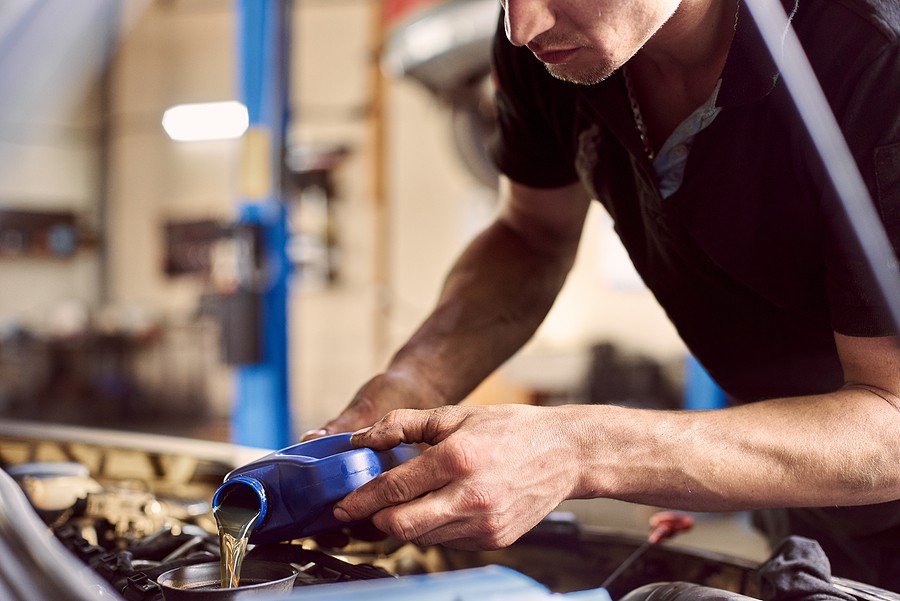When a car is involved in an accident, it's often necessary to repair the damage in order to restore the car to its original condition. A collision repair shop is a facility that specializes in repairing cars that have been damaged in an accident. In this article, we'll explore the role of a collision repair shop in the car repair process and provide tips on what to look for when selecting a collision repair shop.
- Assessing the damage: The first step in the car repair process is to assess the damage to the car. This typically involves a visual inspection of the car's exterior and interior, as well as a test drive to check for any issues with the car's systems. The collision repair shop will use this information to create a repair plan and provide an estimate for the cost of the repairs.
- Ordering parts: Once the repair plan has been established, the collision repair shop will order the necessary parts for the repair. This may include both OEM parts, which are made by the original manufacturer of the car, and aftermarket parts, which are made by a third-party manufacturer. The collision repair shop will typically have relationships with various parts suppliers and can help to ensure that the right parts are ordered in a timely manner.
- Repairing the car: The next step in the car repair process is the actual repair of the car. This may involve a variety of tasks, such as straightening bent frames, replacing damaged parts, and repainting the car. The collision repair shop will typically have specialized equipment and trained technicians who are skilled in performing these tasks.
- Quality control: As the repair process progresses, the collision repair shop will typically have a quality control process in place to ensure that the repairs are being done correctly and to the highest standards. This may involve inspections at various stages of the repair process, as well as testing the car's systems to ensure that they are functioning properly.
- Customer communication: Another important role of a collision repair shop is communication with the customer. The collision repair shop should keep the customer informed about the progress of the repairs and any issues that may arise. The shop should also be available to answer any questions that the customer may have about the repair process.
- Insurance claims: In many cases, the repairs to a car that has been involved in an accident will be covered by insurance. The collision repair shop should be able to assist the customer with the insurance claims process, including providing documentation and estimates for the repair work. The shop should also be able to work with the insurance company to ensure that the repairs are covered and that the customer is not responsible for any unexpected costs.
- Warranty: Many collision repair shops offer a warranty on the repair work that they do. This can provide additional peace of mind and protection for the customer in case any issues arise with the repairs. It's important to ask about the terms of the warranty and any exclusions that may apply.
Overall, a collision repair shop plays a vital role in the car repair process. By assessing the damage, ordering the necessary parts, repairing the car, implementing a quality control process, communicating with the customer, assisting with insurance claims, and offering a warranty, a collision repair shop can help to ensure that the repairs are done correctly and efficiently, and that the customer is satisfied with the end result.
When selecting a collision repair shop, it's important to consider the following factors:
- Reputation: It's a good idea to research the reputation of the collision repair shop and to read reviews from previous customers. This can help to ensure that you are working with a reputable and reliable shop.
- Certification: Many collision repair shops are certified by the National Institute for Automotive Service Excellence (ASE) or other organizations. This certification demonstrates that the shop meets certain standards for training and quality.
- Equipment: The collision repair shop should have the necessary equipment and tools to perform the repairs correctly and efficiently. This may include specialized tools and machinery for straightening frames, welding, and painting.
- Training: The technicians at the collision repair shop should be trained and certified in their respective areas of expertise. This can help to ensure that the repairs are done correctly and to the highest standards.
- Customer service: The collision repair shop should have a customer-focused approach and should be willing to answer questions and address any concerns that the customer may have.
Overall, a collision repair shop plays a crucial role in the car repair process. By considering factors such as reputation, certification, equipment, training, and customer service, you can select a shop that will provide high-quality repairs and a positive customer experience.


